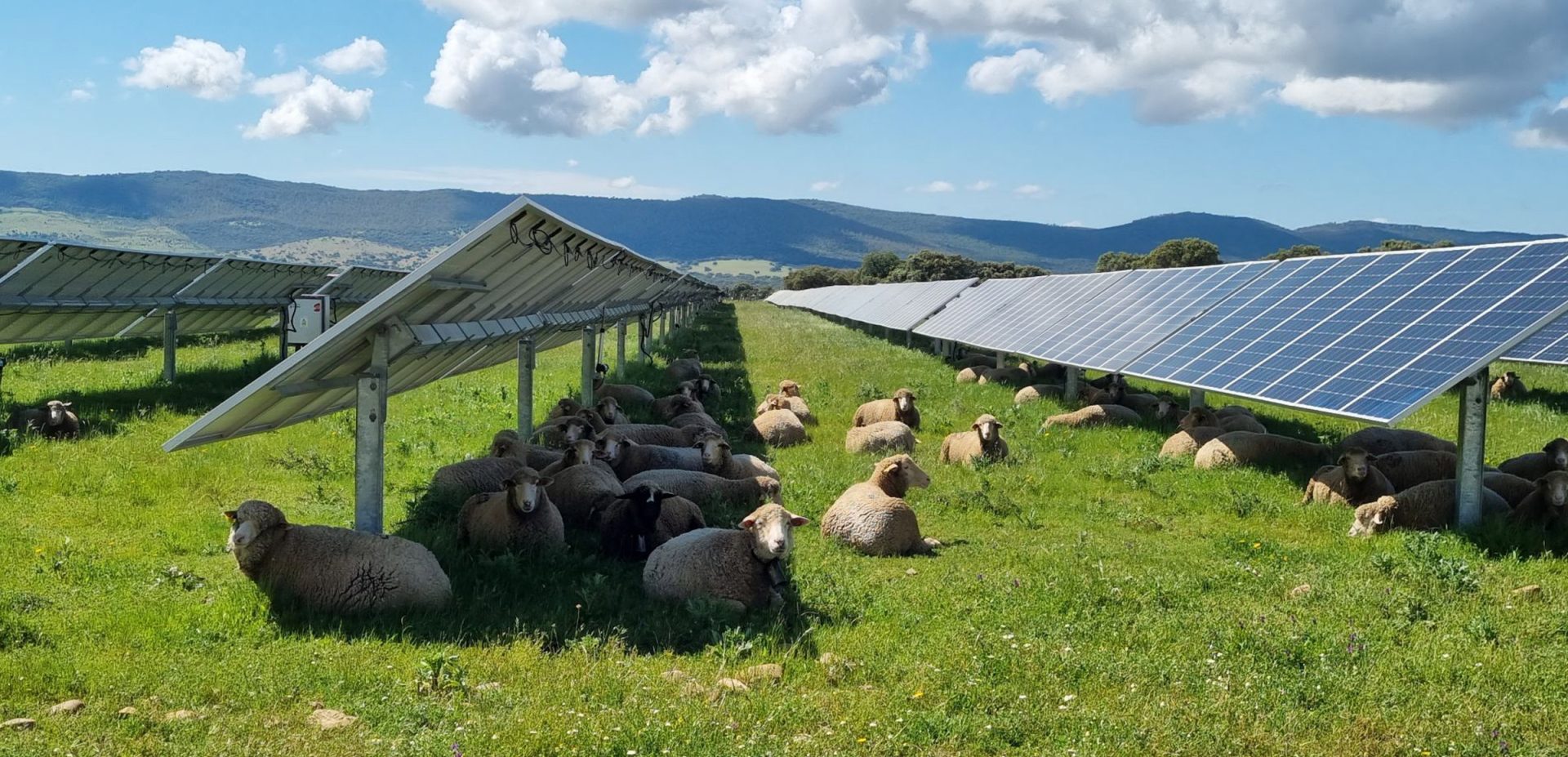
Jiangxi Delegation Explores Solar Farm Development with Eastland Generation in Bay of Plenty
2024-01-23
A recent visit by a delegation from Jiangxi to New Zealand's Bay of Plenty region has sparked discussions on solar farm development. The delegates met with representatives from Eastland Generation, a key player in power infrastructure across the Gisborne and Bay of Plenty regions. The meeting provided the Jiangxi delegation with an insight into Eastland Generation's plans to expand into solar energy.
The visit included tours of potential sites for solar farms in the region, demonstrating the Bay of Plenty's commitment to sustainable energy solutions. Jiangxi's own Xinyu city, renowned as a hub for renewable energy equipment manufacturing, including solar panels, wind turbines, and energy storage systems, brings valuable expertise to this collaboration. Xinyu's status as a base for top global solar manufacturers from countries like Germany and the United States underscores the potential of this partnership.
Earlier in 2023, a meeting with Te Whanau Apanui, an Iwi based in the East Cape around Te Kaha, was held to discuss the concept of localized power grids. The idea centers around establishing small solar farms with power storage, utilizing the Marae as a central distribution point to homes in the vicinity. This innovative approach aligns with the goals of sustainable and community-centric energy solutions.
The engagement between the Jiangxi delegation and local stakeholders in the Bay of Plenty highlights a growing interest in renewable energy collaborations. It also underscores the international recognition of New Zealand's efforts in sustainable energy development and the potential for future projects that benefit both regions.